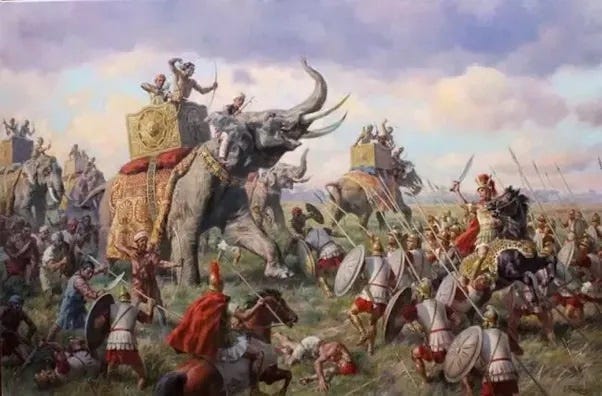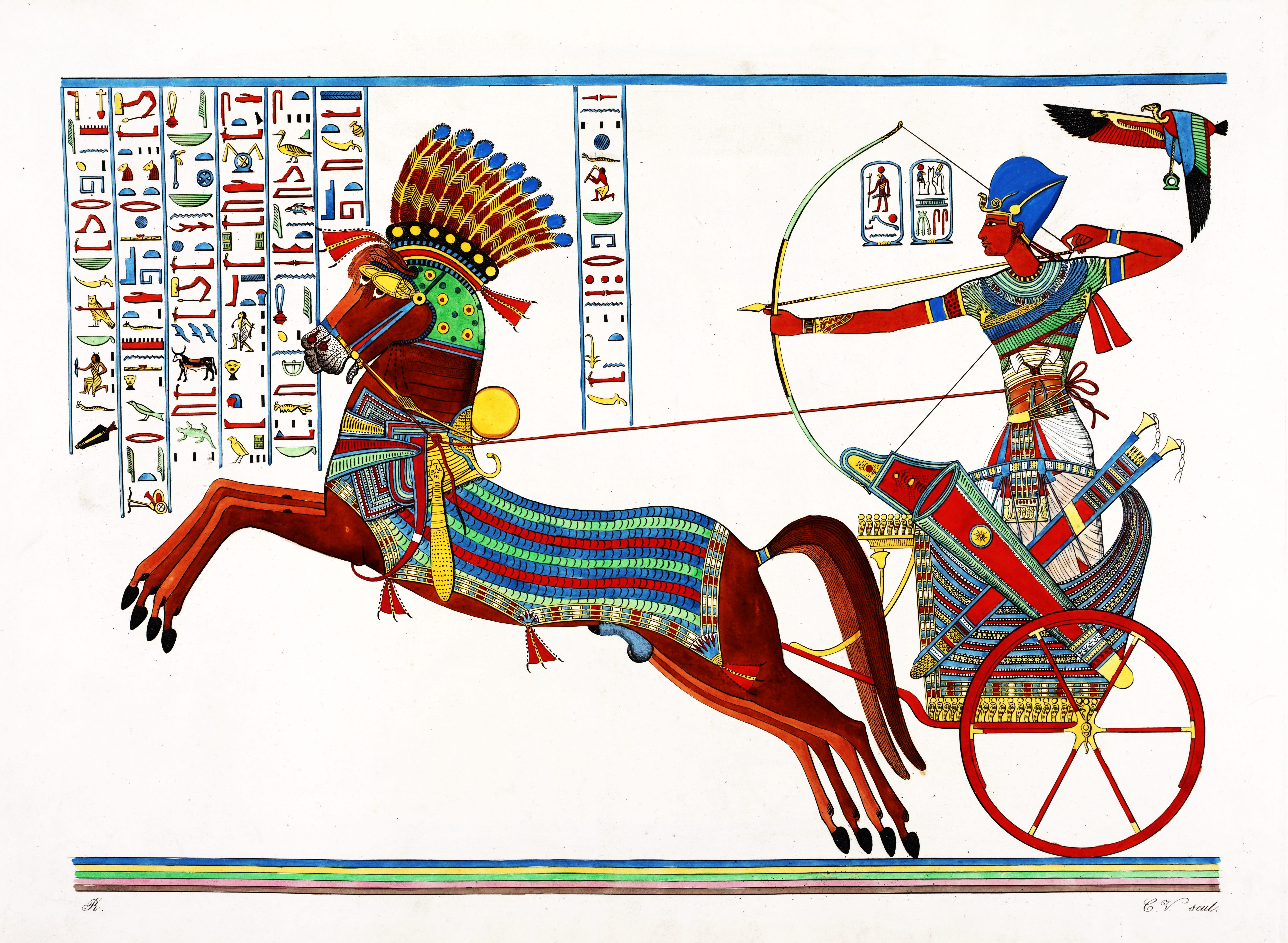History Should Be More Than Just “Comfort Food” for the Mind – and Soul
Reading history – or historical fiction – can make you feel all warm and fuzzy and good inside. That is not necessarily a good thing; as it means you are probably only reading books that reinforce what you have been taught or what you already know – or think you know – about that particular historical period, person or event. Nobody should feel or be made to feel guilty about reading what they like, but there are many very good reasons to read something that makes you uncomfortable; something that challenges your beliefs and which explores the unknown corners of the history that you think you know.

That is exactly how and why I began my Throne of Darius series: to tell the story of Alexander the Great from the other side. Like most people of my age (or older – there are still at least some who are older than me) I was taught that Alexander of Macedon was indeed “Great:” a great general, a great king, a great conqueror, a great hero, etc. In many ways, he was – but not to everyone, and certainly not to those he fought, subjugated, conquered, or otherwise tried to impose his will upon.
While of course, I assumed (correctly) that the many peoples of the Persian empire he assailed thought him the antithesis of great, it was only later that I came to understand that many – actually, the majority – of Greeks saw him as a butcher, a bully, and a barbarian. The first city Alexander sacked was a Greek city (Thebes). Alexander killed tens of thousands of Greeks. Thousands of Greeks fought against him – both in the field in the name of their own city or as units of the Persian army.
Alexander is also not considered all-that-great in India. To Indian scholars, Alexander was a foreign invader who was held in check by King Poros. Alexander and his adherents treated the battle with King Poros at the Hydaspesin 326 BC much the same way as Ramses and his crew treated their battle with the Hittites at Kadesh in 1275 BC; as a great victory. It was nothing of the short.

Just as Kadesh was a strategic stalemate that defined the limits of Egyptian power in the Levant, so was the Hydaspes a strategic stalemate that defined the limits of Alexander’s power in the Indian subcontinent.

Alexander never went farther east after the Hydaspes. Instead, he turned south, headed for the sea – and went back to the west. The farther west he went, the more and more Indian kingdoms and cities who had pledged their allegiance to him (under duress) repudiated their pledge. In India, Alexander is still now as he has always been hailed as a great general and conqueror – but whose days as such came to an end once he faced the armies of India.

These are just some of the many things I have learned by reading outside of my comfort zone; by going beyond the books I was tasked to read in school and college, and beyond books that supported and bolstered that point of view. Through these books, I have been challenged to explore and to learn (and of course, question) more about the history I thought I knew; history as written by the victors, and only by the victors.
And, surprisingly, in that, I have found a new “comfort zone.”

Comments (0)